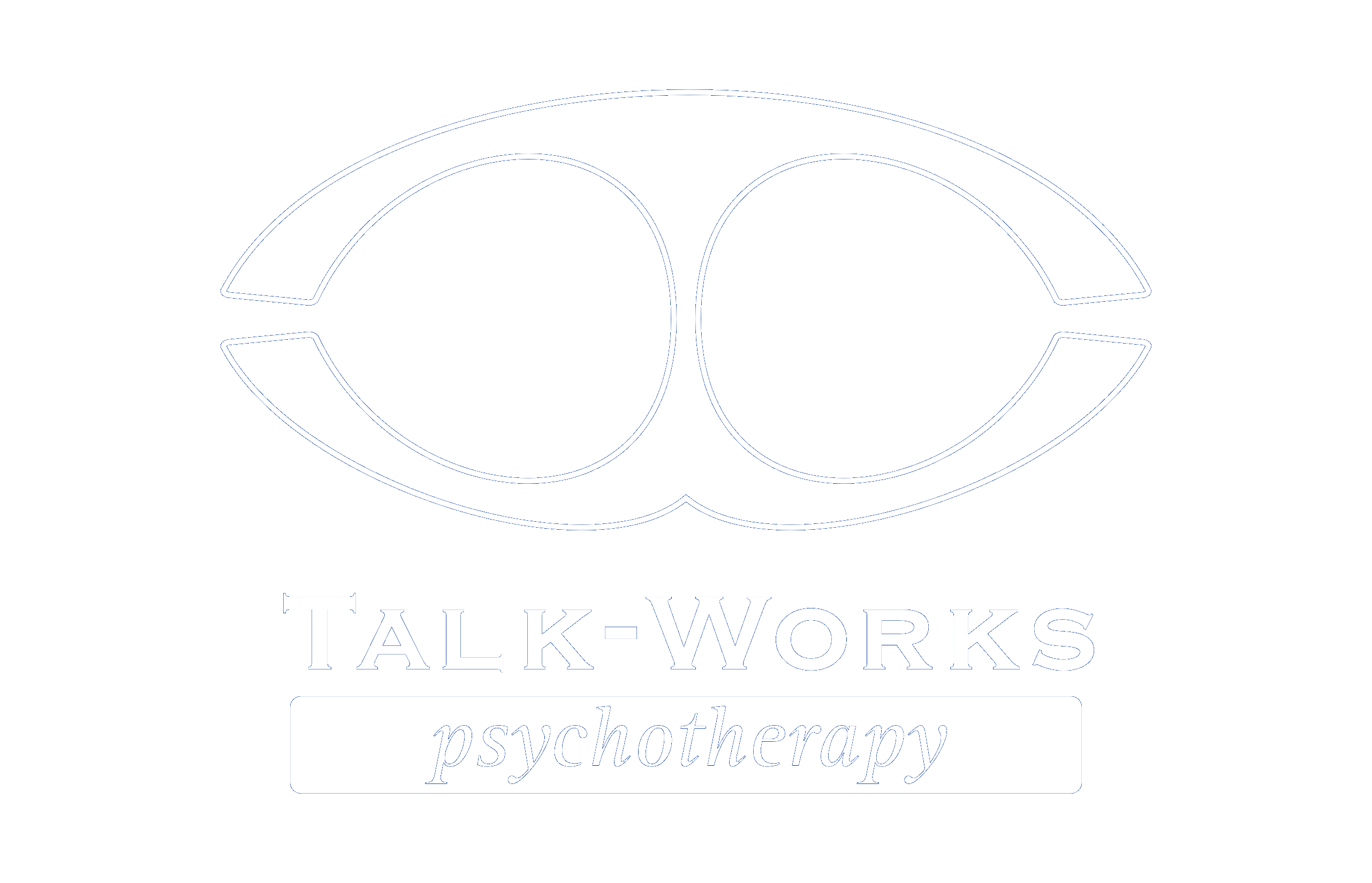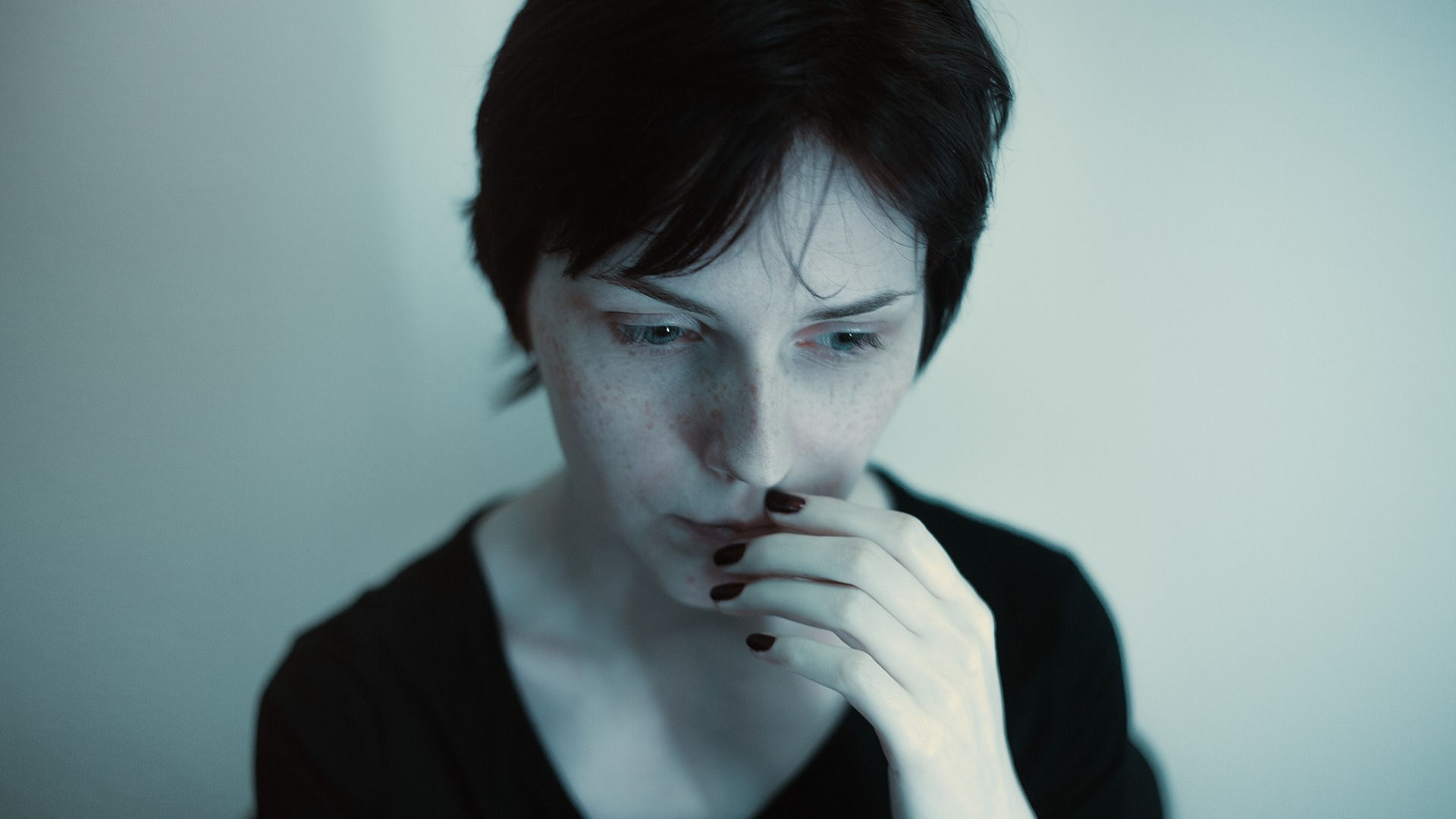What is fear?
What is fear?
Franklin D. Roosevelt famously said: “The only thing we have to fear is fear itself”. Is this just appealing wordplay or a stunning insight into the human condition? Let’s look a little deeper.
Firstly, what is fear?
Response to danger
At its most basic, fear is a feeling state in response to danger. It is part of our evolved way to survive and comes baked in to our nature. Have you ever jumped at a sudden loud bang? Suddenly inhaled a sharp breath at nearly falling? Felt your heart start to pound at some perceived threat or danger?
This is all perfectly normal and such responses are part of what is often called the stress response. We are unlikely to have survived as a species if we didn’t have these fast acting responses, which happen well before we have time to think about what we are doing.
Fight/Flight
The stress response has also been called our Fight/Flight response as our body prepares to respond to danger by running away or defending ourselves. It’s actually slightly more complicated than Fight/Flight as there are also the lesser known responses of Freeze and Fold. These actions are alternative evolved survival strategies that may relate to becoming invisible (freeze and the movement sensitive eye of a predator might not see you) and pacify (submit and the predator might not kill you straight away, leaving a later chance of an escape).
It’s important to note that these are automatic responses generated by fast acting deep brain systems that override our immediate ability to think. We can’t know which way we will respond to real danger. This is one of the reasons why people who are expected to perform under stress undergo extensive training and drills so that they have accessible appropriate responses available when their bodies go into the stress response.
Something we can take from this is to be careful not to be critical of the way we have responded to unexpected danger in the past. It’s rarely an issue of choice. Just our bodies doing what they have done for millennia to survive.
Our bodies also have an inbuilt soothing system designed to bring us back from the stress response when the danger has passed.
What could possibly go wrong?
OK. So far so good. Fear seems to be an indispensable part of survival and one we share with most other living animals.
What could possibly go wrong? Why might we need to fear fear?
Well, one of things we humans have, perhaps uniquely, is consciousness of self. It’s rather hard to define consciousness of self but it’s something around knowing, and also knowing that we know. This great gift, which is perhaps the source of all the great achievements of our species, brings with it side effects.
Imagination
One side effect is imagination. Using imagination we can plan, design, estimate, communicate and create. But what happens when we imagine danger?
It turns out that our bodies have great difficulty distinguishing a real event from an imagined one. Imagine holding a fresh, chilled segment of tangy lemon above your outstretched tongue and then squeezing a shimmering drop of the juice onto your tongue. Anything happen?
Many people find their mouth beginning to moisten ready to receive the lemon juice, or maybe a tingling on the end of their tongue. All you did was imagine the lemon!
In a similar way, our stress response can be activated by imagining danger. Someone once defined a fear (F.E.A.R) as a False Event Appearing Real.
Crossing the Road
Let’s be clear, there are many times when imagining danger is a really good thing. For example, it’s good to be appropriately cautious when crossing the road or alert when walking along a dark alleyway but there are also ways that imagined danger can affect us in a less helpful way. We sometimes call this “worry” or “anxiety” and these neat labels can mask some of the constricting effects, so I am going to call it what it is: fear.
Fear can alter our perception of the world and trick us into being less than we truly are. We put off decisions, don’t ask for help, miss opportunities and undervalue our gifts. It can be quite hard to spot that this is happening to us because our minds are great at devising plausible reasons why we don’t do things.
I remember climbing up to the high diving board at the swimming pool and taking a look over the edge. I thought that I would like to be able to dive in, but maybe not today, the water is a little cool, my parents are not here to witness it and anyway, who cares about jumping in this way. I didn’t really want to admit to myself that I was frightened.
When Fear slows us down
This is where fear becomes unhelpful, like an invisible lead weight on our boots, slowing us down and making us tired.
This unconscious pattern can lead to unhealthy habits and behaviours which can block our attempts to grow. Many of us have experienced exhilaration and relief when we have pushed through our fears, recognising that what had been holding us back was not our failings but our fears.
So, yes, perhaps we do have to fear, fear itself, Franklin D. Roosevelt was right.
Good news
The good news is that we have all the internal resources and capabilities to turn this situation around. We can invoke our self soothing mechanism and retrain our imaginations to visualise success and confidence.
Why not start now!


